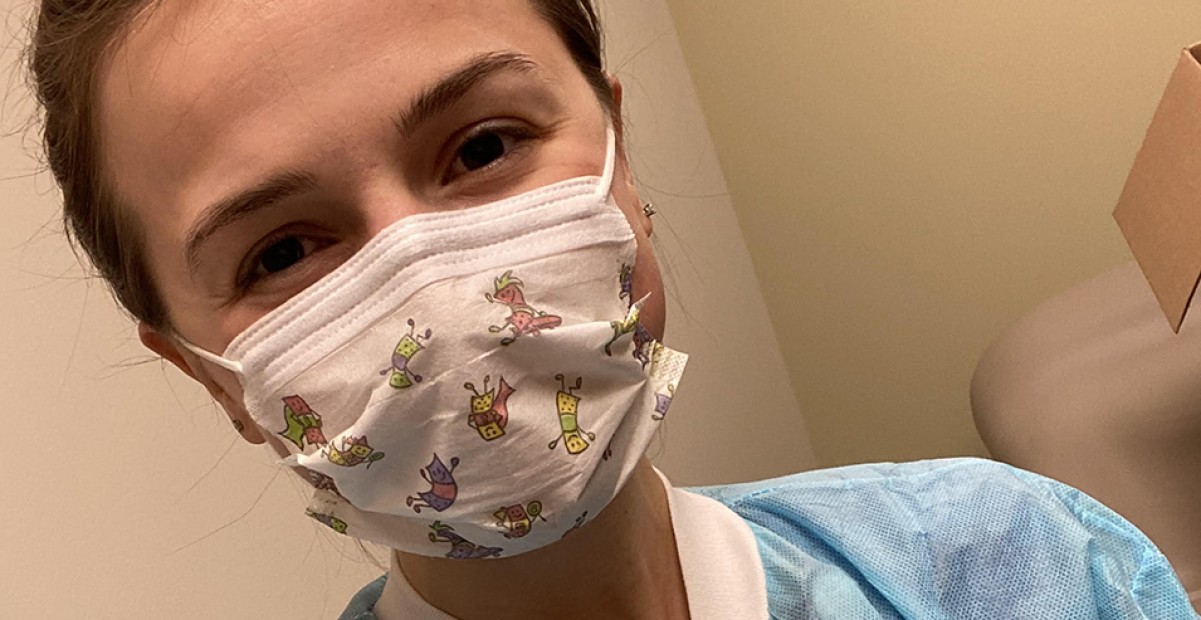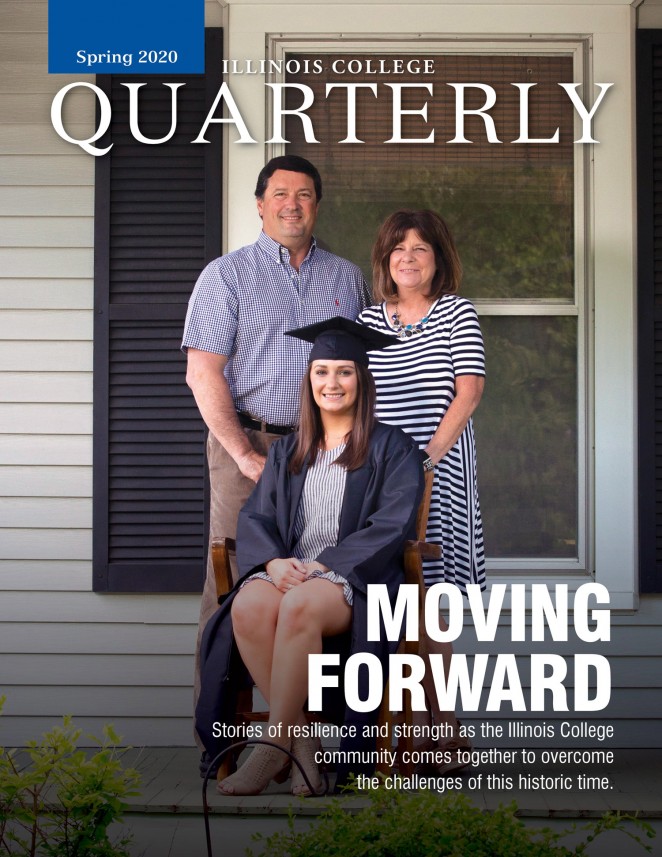Some frontline workers pulling long hours behind the scenes

During normal times, Shelby Gill ’17 works three 12-hour shifts a week in her role as a medical laboratory scientist in the microbiology lab at Northwestern Memorial Hospital in Chicago. But the last few months — the first months of the coronavirus pandemic — have not been normal.
"I am tired and I want to take a break, but I just have to keep remembering that this has to get done and these people need their results, so we just have to keep going along,” she said. “Physically I'm tired and mentally I'm tired, but these patients are a lot worse off than I am, so I just have to remember that."
Gill’s job involves testing blood, urine, stool, tissues, respiratory specimens and “really anything and everything to diagnose almost every disease imaginable.” Gill and her colleagues receive potential coronavirus specimens, process them and provide a positive or negative result. When people think of having tests sent to “the lab” when they are visiting a doctor, in the hospital or preparing for surgery, she said they don’t always realize there are people who provide those lab results. Doctors and nurses are more visible because they are working directly with the patients, while Gill works behind the scenes.
"I think people forget that when they get tested, that test does go somewhere and somebody has to process it,” she said. “It is people in my profession who are doing that and we are the ones who provide the results to the nurses and the doctors to say whether somebody is positive or negative.”
Gill said her boyfriend, Frankie Copado ’17 — a nurse whose floor was converted to treat COVID-19 patients — pointed out to her that, without the results she and her colleagues provide, doctors and nurses would be “going in blind.”
“If [doctors and nurses] didn't have the results we process, then they really wouldn't know what was going on with the patient."
“It's true with COVID-19 and it's true with our daily practices of what we do,” she said. “If they didn't have the results we process, then they really wouldn't know what was going on with the patient."
Testing for coronavirus has continued to ramp up, Gill said. Though testing has increased — increasing the workload for the lab — she said it does not necessarily mean they are also seeing a great increase in the number of positive results. The lab is still getting some of the routine testing they normally do, in addition to what feels like constantly working on COVID-19 tests.
"I looked around at everybody midweek last week and you could just see the exhaustion on all of their faces, because it was three days in a row when we were packed with tests,” she said. “It gets to be stressful because you want to make sure that you're getting the tests out and that you're doing everything correctly, but you're just so overwhelmed.”
Gill said normally her job has stressful moments, but feels manageable. Being able to multitask and manage a variety of information are skills she learned at IC and uses in her work. High expectations both in the sciences and in classes outside her field helped prepare her.
“My profession is constant multitasking,” she said. “I have to think about every result I provide and whether it makes sense and is accurate in order for the physician to treat the patient. It involves a great deal of critical thinking that was only enhanced in my time at IC. If I could go back, I would pick Illinois College every time.”
For more stories about Illinois College alumni, follow the Illinois College Alumni Community on Facebook or visit www.ic.edu/Quarterly.


